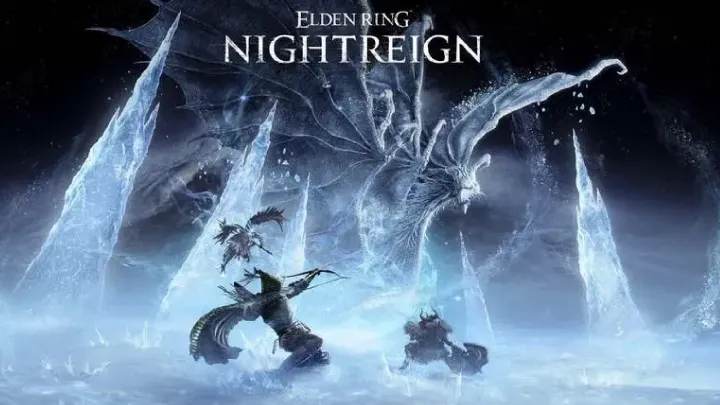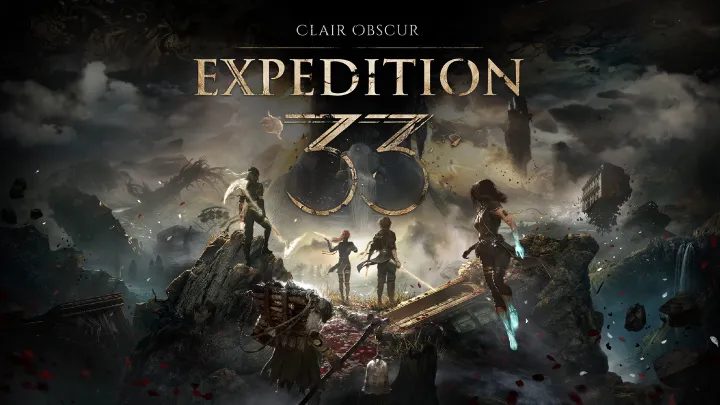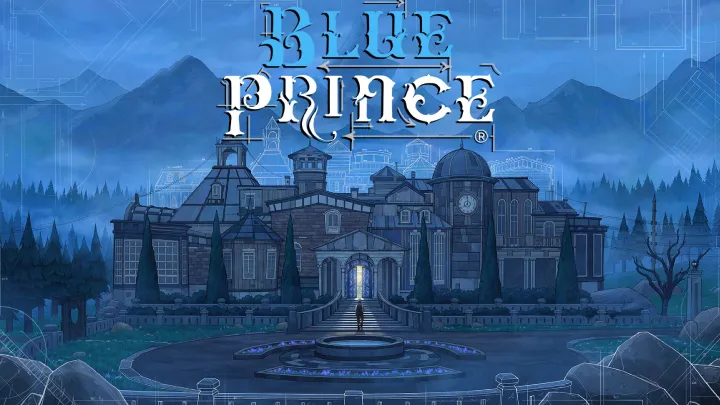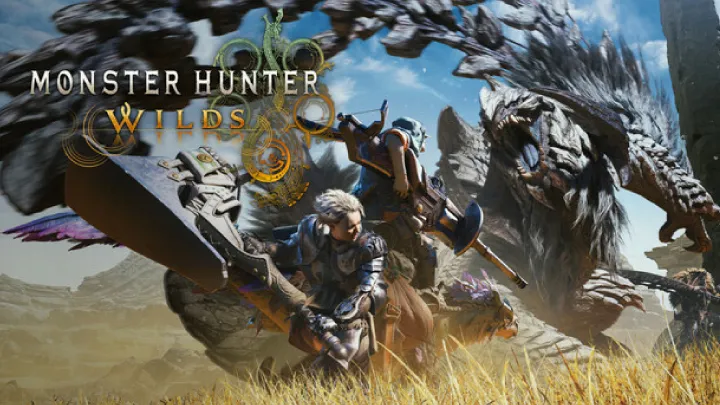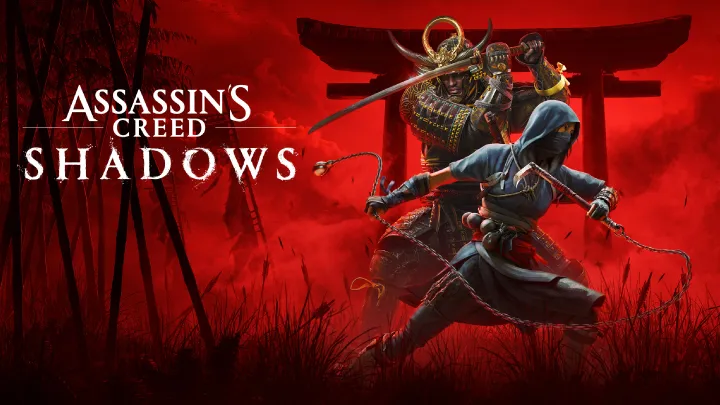Last War: Survival Game is more than just a post-apocalyptic mobile strategy title — it’s a social and psychological simulation disguised as a survival epic. Beneath its combat layers and base-building mechanics lies a subtle exploration of human behavior when civilization collapses. Players are not just rebuilding bunkers and armies; they are reconstructing the idea of order itself. This article dives deeply into the psychological and emotional framework that governs the rebuilding of society in Last War: Survival Game, examining how its systems mirror the tension between survival instincts and human cooperation.
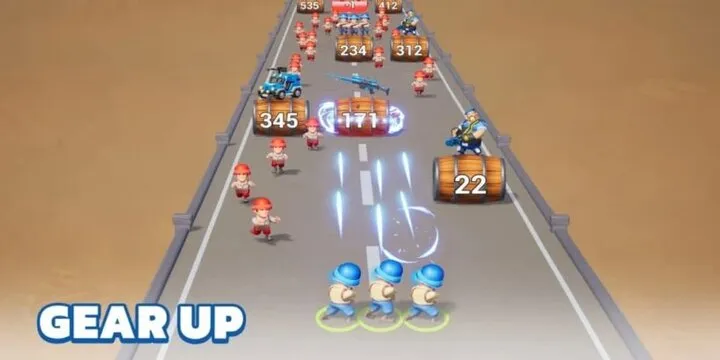
The Collapse of Civilization and the Birth of Instinct
The foundation of Last War begins with destruction. Cities are left in ruin, and scattered survivors emerge into a world that no longer follows human rules. In this stage, players face the essence of instinct—fight or flight, survival or surrender. The game captures the fragility of civilization by removing structure, forcing players to rebuild it piece by piece.
This phase mirrors the chaos of human psychology in crisis. There’s a moment where panic turns into purpose. The first moments in Last War are not about hope but about raw adaptation. The player learns that comfort is a luxury, and instinct becomes the first tool of survival.
As players start gathering food, fuel, and weapons, Last War uses scarcity as a psychological test. Every decision becomes moral as much as practical. What resources should be shared? Who deserves to be saved? These questions echo the oldest fears of human collapse.
Reconstruction as a Reflection of Human Order
Once the immediate danger passes, Last War transitions to the rebuilding phase. Players begin establishing base camps, recruiting survivors, and creating systems of labor. This is where order reemerges, and humanity’s need for structure returns.
The base becomes a metaphor for civilization. Every upgrade represents progress toward reclaiming humanity’s sense of control. In this process, the player acts as a symbol of authority — balancing efficiency with empathy, law with necessity. The sense of pride that comes from building a hospital or food plant reflects how humans naturally seek to impose meaning on chaos.
This phase in Last War also highlights a hidden theme: trust. The player learns that rebuilding cannot happen alone. Even in digital ruins, cooperation becomes essential. This mirrors the sociological truth that civilization thrives when individual survival turns into collective resilience.
The Economy of Scarcity and Power
Resources in Last War are more than items — they represent influence. The game’s economy thrives on scarcity, creating a psychological hierarchy where power comes from control of limited materials.
Players who manage resources efficiently gain authority not just in gameplay but in the social ecosystem of the game. This system mirrors real-world economics in times of crisis, where the value of essentials skyrockets, and the line between necessity and luxury blurs.
The subtle genius of Last War lies in its portrayal of moral compromise. To build power, one must sometimes sacrifice compassion. It poses the timeless question: is dominance worth losing humanity?
The Rise of Leadership and Social Dynamics
Leadership is one of the central psychological themes in Last War. Players step into the role of commanders not only managing buildings and soldiers but also shaping morale and unity.
True leadership in this game requires emotional intelligence. You must read your survivors’ needs, balance aggression with diplomacy, and keep faith alive when everything else collapses. This reflects a deep truth — leadership during chaos isn’t about authority but about trust.
The alliances and clan systems within Last War bring out the cooperative side of human behavior. Players unite under shared objectives, rebuild together, and form micro-societies within digital ruins. These alliances mirror tribal evolution — humans reverting to collective identity for survival.
The Emotional Weight of Loss and Progress

Every stage of development in Last War carries emotional undertones. The game doesn’t shy away from depicting loss, sacrifice, and the fragility of human hope.
When a mission fails or survivors perish, it creates a sense of emotional gravity that connects players to their virtual world. It’s not about losing a battle; it’s about losing a fragment of civilization.
This emotional engagement transforms the experience from mechanical strategy to existential reflection. The player is constantly reminded that progress has a price — and that the ruins they rebuild are soaked in memories of what was lost.
The Symbolism of Technology and Humanity
Technology in Last War functions as both savior and symbol. As players upgrade defenses and unlock advanced machinery, they rediscover humanity’s greatest paradox — dependence on technology even when it was part of the downfall.
This cycle mirrors real-world anxieties about progress and destruction. The more advanced the tools, the greater the risk of repeating history. The game subtly reminds players that survival depends not just on rebuilding tools, but on redefining their use.
Technology becomes a mirror — showing how innovation can either heal or destroy depending on intent.
The War of Ideologies and Morality
One of the most fascinating elements in Last War is its moral grayness. There are no purely “good” or “evil” choices — only pragmatic ones.
Players must decide between saving resources for themselves or sharing them with struggling allies. Between striking preemptively or waiting for diplomacy. These moral crossroads turn the game into a psychological experiment about how humans behave when ethical systems collapse.
The result is a layered experience that goes beyond strategy. It’s an examination of how survival shapes morality, and how rebuilding civilization often demands difficult compromises.
The Myth of Control and the Fear of Collapse
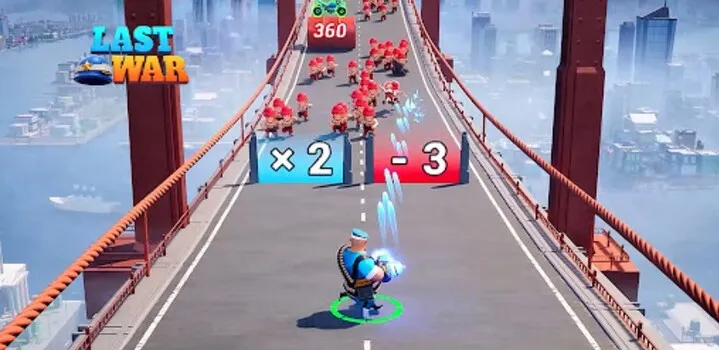
Even when players achieve stability, Last War never lets them feel fully safe. Attacks can come at any time, and resources can vanish overnight. This constant tension symbolizes a deeper truth — civilization is always fragile.
This fear of losing control is what keeps the gameplay emotionally charged. The player becomes both the architect and prisoner of their own systems, constantly striving to maintain balance in a world that resists it.
It’s a meditation on impermanence — how even in triumph, the shadow of collapse lingers.
The Cycle of Civilization Reborn
In its final stages, Last War becomes a loop of rebuilding, defending, expanding, and repeating. What begins as survival evolves into governance, and governance turns into empire.
This cyclical pattern mirrors human history. Civilizations rise, fall, and rebuild with each generation. Players begin to see themselves not as survivors, but as participants in an endless human pattern.
The true message of Last War lies here — that humanity’s greatest strength isn’t survival itself, but the ability to rebuild meaning after every collapse.
The Psychological Catharsis of Survival
When players step back from their bases and battles, they often realize something profound: Last War offers a form of catharsis. It allows people to confront chaos in a safe space, to rebuild hope piece by piece, and to see the symbolic rebirth of civilization through their own hands.
This catharsis connects deeply with the human need for control and purpose. In a world where real-life uncertainty looms large, Last War becomes a psychological sanctuary — a digital space where destruction has meaning because rebuilding is always possible.
In this way, Last War transcends entertainment. It becomes a meditation on human endurance, order, and the eternal rhythm of collapse and renewal.
Conclusion

Last War: Survival Game is not simply about fighting zombies or constructing bases. It’s a psychological and sociological reflection on how humans respond when everything falls apart. It explores power, cooperation, loss, and the paradox of rebuilding. Every structure built in the game stands as a monument to resilience — a reminder that civilization, no matter how many times it breaks, always finds a way to rise again.









